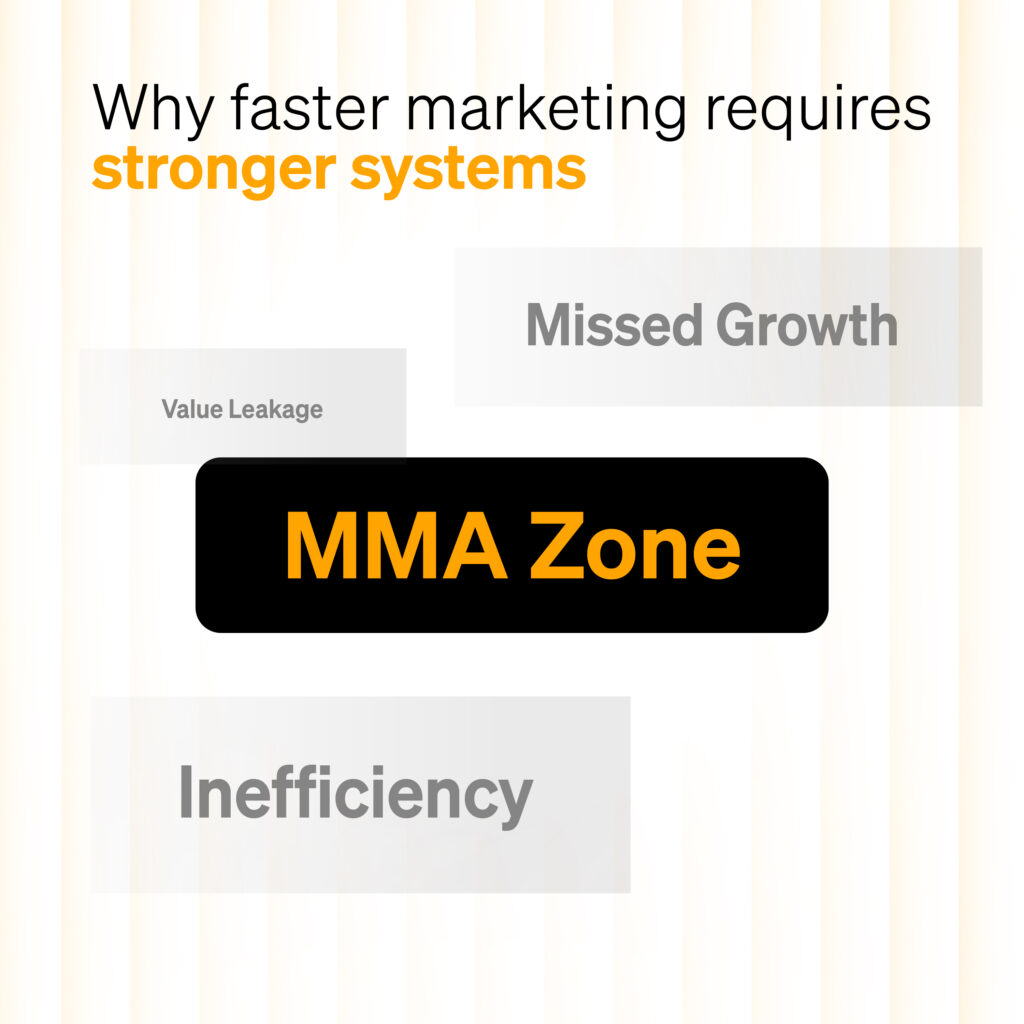
Marketing’s Next Mandate: Ethical AI as a Competitive Advantage: Artificial Intelligence (AI) is powering a new era of marketing—enabling hyper-personalized experiences, campaign optimization, and predictive analytics at an unprecedented scale. But as its use proliferates, so do the questions: Is it fair? Is it transparent? Is it safe?
For CMOs in the APAC region, the answer to responsible AI isn’t just about compliance—it’s about brand leadership. The ability to use AI ethically is fast becoming a defining trait of modern marketing organizations. Responsible AI isn’t a constraint on innovation—it’s a prerequisite for sustainable growth, consumer trust, and long-term value.
Why CMOs Must Lead the Responsible AI Agenda
1. Consumers Demand Transparency
In an environment where digital interactions are increasingly shaped by invisible algorithms, consumers are becoming more sensitive to how their data is used. According to IBM’s 2023 Global AI Adoption Index, 85% of IT professionals believe that consumers are more likely to choose companies that are transparent and ethical in their AI practices, highlighting the growing importance of responsible AI in maintaining consumer trust. When AI goes wrong—through biased recommendations, inaccurate personalization, or opaque targeting—it erodes brand equity fast.
2. Regulators Are Catching Up
Countries across APAC are formalizing AI governance standards. Singapore, for instance, rolled out its Model AI Governance Framework, a globally recognized guide that outlines responsible AI use across industries. Tools like AI Verify—Singapore’s testing framework—offer tangible metrics for validating ethical AI practices. India’s upcoming Digital Personal Data Protection Act is also expected to reshape data handling and automated decisioning.
3. AI Bias Isn’t Theoretical—It’s Real
From recruitment to credit scoring to content recommendations, AI has shown it can reflect and amplify human biases embedded in training data. For marketers, this can mean skewed targeting, discriminatory messaging, or exclusion of diverse audiences. Fixing bias retroactively is difficult. Designing for fairness from the start is far more effective.
A CMO Framework for Building Ethical AI in Marketing
Step 1: Audit Where AI Already Lives in Marketing
AI often powers more touchpoints than we realize—from email targeting and chatbots to product recommendations and sentiment analysis. Conducting a comprehensive audit helps CMOs identify where bias may creep in or where transparency is lacking.
Step 2: Embed Ethics into Campaign Design
Ethical marketing must be designed, not retrofitted. This means building consent mechanisms into personalization, reviewing datasets for representativeness, and flagging decision points where human oversight is required. A simple question marketers can ask is: “Would the customer be okay knowing a machine made this decision?”
Step 3: Align with Legal, Data, and Tech Teams
Responsible AI isn’t just a marketing issue. It requires alignment across legal, data governance, and engineering. Create a cross-functional task force to define internal AI usage principles, document approved models, and assign owners for AI decisions.
Step 4: Communicate with Radical Transparency
Modern consumers are comfortable with AI—as long as they understand it. Brands must shift from vague disclosures (“this was auto-generated”) to meaningful transparency: why AI was used, what it influenced, and how users can opt out or provide feedback.
Case Studies: Responsible AI in Action Across APAC
- Singapore’s Model AI Governance Framework: Singapore has been proactive in establishing guidelines for ethical AI use. The Infocomm Media Development Authority (IMDA) introduced the Model AI Governance Framework to provide detailed guidance to organizations on implementing responsible AI practices.
- OCBC Bank: OCBC Bank has integrated AI into various operations, including personalizing credit card deals and detecting fraud, with about six million AI-driven decisions made daily. The bank emphasizes the importance of deploying AI responsibly and ethically to enhance customer trust and operational efficiency.
Emerging Tools and Resources
- AI Verify: Singapore’s AI governance testing framework and toolkit, AI Verify, assists organizations in validating the performance of their AI systems against recognized principles, promoting transparency and accountability.
- Google’s PAIR Initiative: A research program focused on human-centered AI design.
- Microsoft’s Responsible AI Standard: A governance framework for building and deploying AI systems.
The Future Belongs to Responsible Brands
As AI continues to reshape the marketing landscape, CMOs play a pivotal role in ensuring its responsible adoption. By adhering to ethical principles, collaborating across departments, and leveraging available frameworks and tools, marketers can harness AI’s potential while safeguarding consumer trust and upholding brand integrity.



















